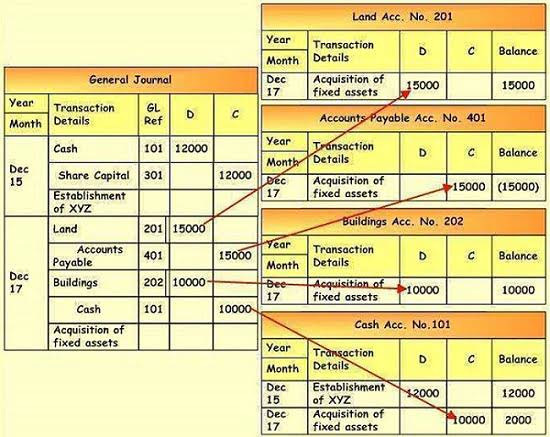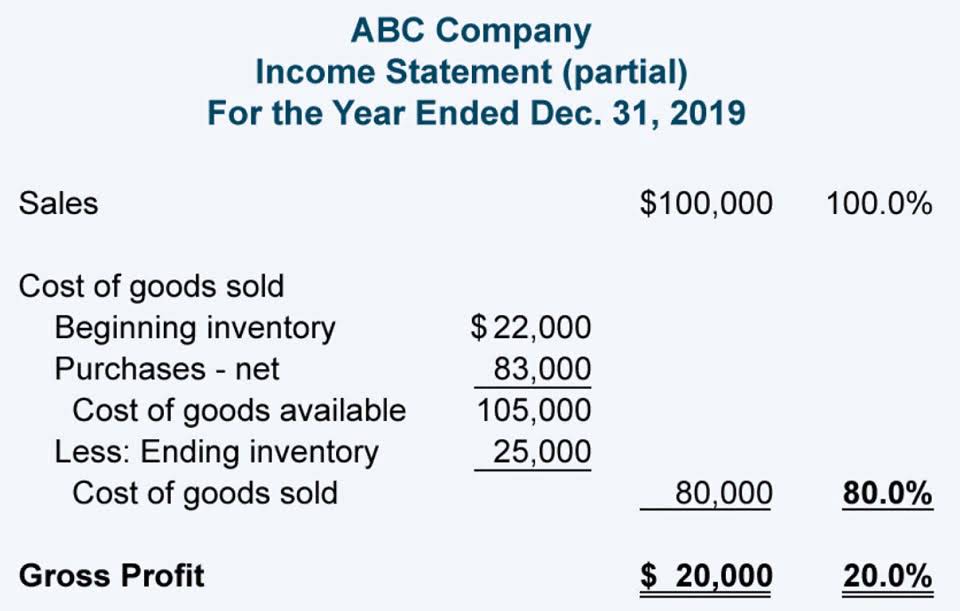
This ledger will include all your rental income (called credits) and expenses (called debits). You have to categorize each entry, ensure the accounts balance, and turn all of this into financial statements for tax authorities. As an Airbnb host in Canada, it’s essential to stay compliant with tax regulations to ensure your financial transactions are in order and avoid any potential penalties.
- Here are five common mistakes to avoid with Airbnb bookkeeping and how to avoid these issues when starting accounting for your short-term rental.
- With Airbnb accounting software, it’s a lot easier to track expenses and financial commitments for services, clients, and buyers.
- If you manage rental properties on behalf of real estate investors or homeowners, you may be required to pay rental proceeds and report financial statements.
- These tools can automate the tracking and categorization of income and expenses, saving you valuable time and minimizing manual work.
- While it may be tempting to use the same bank account for rental business and personal funds, opening a separate business account can be beneficial.
How to Calculate & Track Rental Property Operating Expenses
- With the right partner, you’ll receive expert advice and ensure tax compliance, reducing the risk of penalties or missed deductions.
- Furthermore, maintaining proper accounting and bookkeeping can provide valuable insights into the financial performance of your Airbnb business.
- Before deciding on your accounting software, you should search for social proof.
- As an Airbnb host, you are considered self-employed, and therefore, you are responsible for paying self-employment tax.
- As an Airbnb host in Canada, you are required to report your rental income on your tax return.
By regularly analyzing your financial data, you can make informed decisions to optimize your operations and increase your earnings. One of the first things you should do as an Airbnb host is to organize your expenses. This includes categorizing your expenses into different categories such as property-related expenses, maintenance costs, guest amenities, and marketing expenses. By maintaining a well-organized expense record, you will have a clear overview of your financial situation and can easily identify areas where you can save or optimize costs. Popular platforms like QuickBooks Online or Xero Accounting Software offer Airbnb integration, allowing you to sync your Airbnb account and extract financial data seamlessly. This integration enables you to view your financial performance, generate comprehensive reports, and make informed decisions based on accurate and up-to-date information.

Should I consider hiring a property manager for my Airbnb business?

Different states and local councils in Australia have accounting for airbnb specific short-term rental tax laws. Integrating Airbnb with accounting software automates expense tracking, reducing errors and improving efficiency. We can help you navigate the financial landscape by organizing and preparing taxes for tax season.

File taxes
For vacation rental managers, business accounting QuickBooks ProAdvisor isn’t always straightforward. You have to know how to understand accounting basics, dig for information, make financial projections, properly track income and expenses, and calculate taxes. As an Airbnb host, you are responsible for reporting your rental income and paying appropriate taxes.

Rental income to report on your taxes will be your “gross earnings.” This amount is calculated based on payouts before any fees or refunds are taken out. Your reported income will be higher than your Airbnb payouts, and the difference will be made up by deducting expenses unearned revenue on your tax return. How you report rental property income and expenses will depend on the amount of space and the number of days a property is used for rental purposes. Some provinces and municipalities may levy an occupancy tax on Airbnb rentals.